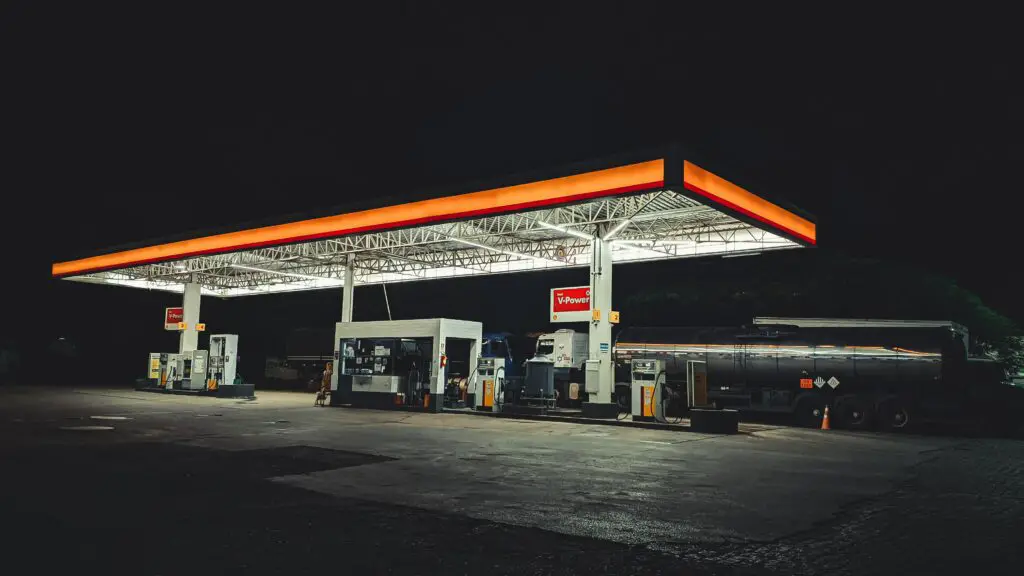Costco Wholesale Corporation, commonly referred to as Costco, is a popular membership-only warehouse club that offers a wide range of products and services, including gasoline. Costco gas is known for its competitive prices and quality, and many Costco members take advantage of their gas stations for fueling their vehicles. But where does Costco gas come from?

Costco gas is sourced from a variety of suppliers and refineries, depending on the location of the gas station. Costco has its own brand of gasoline called Kirkland Signature, which is known for its high-quality standards. However, Costco does not produce its own gasoline; instead, it contracts with different suppliers to provide fuel to its gas stations.
One of the key suppliers of Costco gas is ExxonMobil. Costco has a long-standing partnership with ExxonMobil for the supply of gasoline to its gas stations. ExxonMobil is one of the largest oil and gas companies in the world and has a vast network of refineries and distribution facilities. Costco also sources gasoline from other major oil companies and refineries, including Chevron, Phillips 66, and Shell, among others.
It’s important to note that the specific source of Costco gas can vary depending on the location of the gas station. Costco has multiple suppliers and distribution channels to ensure a reliable supply of gasoline to its gas stations across different regions. The company constantly evaluates and negotiates contracts with different suppliers to obtain the best prices and maintain the quality of its gasoline.
In addition to major oil companies, Costco also sources gasoline from regional and local suppliers. These suppliers may operate smaller refineries or have access to local sources of crude oil. Costco prioritizes working with suppliers that meet its strict quality and environmental standards, including compliance with government regulations and environmental policies.
Costco has stringent quality control measures in place to ensure the integrity of its gasoline. The company tests its gasoline regularly to ensure it meets or exceeds industry standards. Costco gasoline is also formulated with specific additives to improve performance, protect engine components, and reduce emissions. These additives are carefully selected and added to the gasoline during the refining process to meet Costco’s quality requirements.
Furthermore, Costco is committed to environmental sustainability and works with suppliers that adhere to strict environmental standards. Many of Costco’s gasoline suppliers are required to comply with environmental regulations, such as emissions controls, waste disposal, and spill prevention measures. Costco also encourages suppliers to adopt environmentally responsible practices, such as investing in renewable energy, reducing greenhouse gas emissions, and promoting conservation efforts.
It’s worth mentioning that Costco gas is sold at its gas stations at a relatively low markup compared to traditional gas stations. Costco operates on a low-margin business model, where it generates most of its profits from membership fees rather than product sales. As a result, Costco’s gas prices are often among the lowest in the market, making it an attractive option for members looking for affordable fuel.
In terms of transportation, Costco gas is delivered to its gas stations through a complex logistics network. Once the gasoline is refined and additives are added, it is transported via pipelines, tankers, and trucks to Costco’s distribution centers. From there, it is further transported to individual gas stations for dispensing to customers.
In conclusion, Costco gas is sourced from a variety of suppliers and refineries, including major oil companies, regional and local suppliers. Costco has strict quality control measures in place to ensure the integrity of its gasoline and works with suppliers that meet its quality and environmental standards. Costco gas is sold at its gas stations at competitive prices due to its low-margin business model. The transportation of Costco gas involves a complex logistics network to deliver gasoline from refineries to its gas stations.